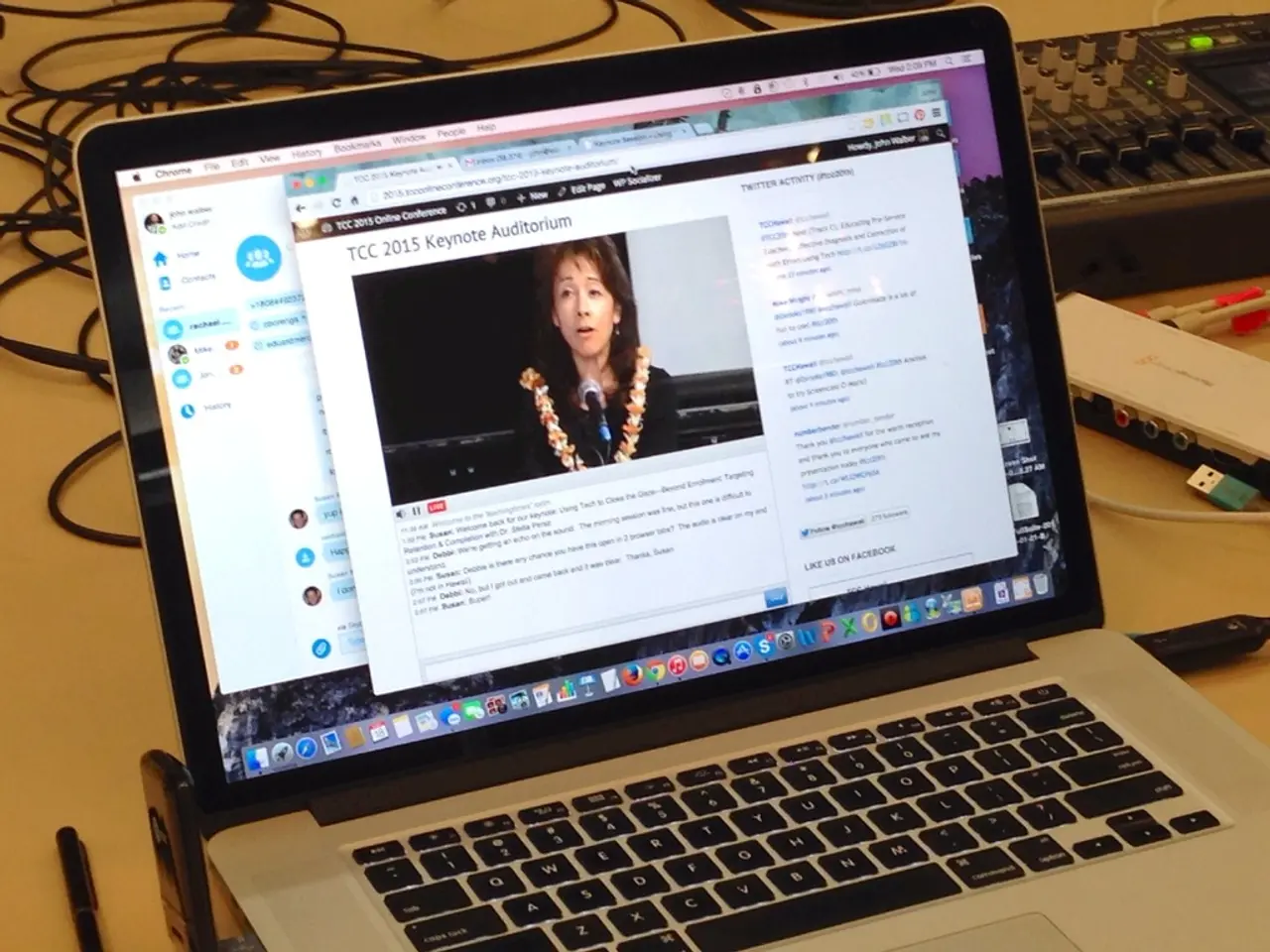Boosting Your Efficiency by a Factor of Two
In an effort to help you double your productivity and make the process significantly easier, we'll explore strategies that combine time limits, conscious prioritization, and practical productivity methods.
The speaker emphasizes the importance of setting time limits using techniques like time blocking and timeboxing. By planning your day in advance, dividing it into fixed blocks of time allocated to specific tasks, and including buffer periods for delays, you create structure and control how long you spend on tasks. This approach prevents perfectionism from extending work unnecessarily.
Another crucial aspect is prioritizing tasks that yield the most results. The Pareto (80/20) principle and Eisenhower Matrix can be useful tools for focusing on the 20% of activities responsible for 80% of outcomes, and distinguishing between urgent/important tasks versus less impactful ones to decide what to do immediately, schedule, delegate, or eliminate.
Avoiding perfectionism is also key to increasing productivity. Setting strict deadlines and adopting rules like Parkinson’s Law, which states work expands to fill the time allowed, encourages efficiency and reduces the tendency to overwork minor details.
Productivity techniques such as the Pomodoro technique—work in focused intervals followed by short breaks—can help maintain concentration without burnout. This ensures steady progress without getting stuck trying to perfect every detail.
Eliminating or delegating low-value tasks and minimizing distractions are also essential for staying focused on what matters most. Regularly reviewing and adjusting your schedule based on progress and changing priorities is crucial.
The speaker also highlights that activities such as resting, reading, grabbing coffee, meditating, and going to the gym actually increase productivity and stamina in the long run. As James Clear puts it, "Just get your reps in."
The speaker questions the idea that 'busy' equals 'productive.' Many things can fill one's time that have no actual impact and don't bear fruit. The speaker uses the analogy of a glass jar with balls to illustrate this point, suggesting that the jar (representing one's time) can't expand beyond what it can currently hold.
The speaker identifies two reasons for feeling busy and short on time: allowing too many things to have pieces of one's time and allowing the things that have one's time to take too much of it. The goal is to help you enjoy newfound free time by learning how to set the right kind of goals, focusing on actions that produce something, and cutting away time-sucking busy work.
Lastly, the speaker addresses the issue of procrastination, a habit that grows stronger with each victory and causes tasks to take up more time. The speaker suggests that one doesn't need more time, but rather needs to double productivity.
By combining these strategies, you structure your day to maximize results while preventing wasted effort driven by perfectionism. Creating a realistic, time-blocked schedule and following disciplined work intervals helps you maintain focus, make steady progress, and finish tasks efficiently.
- Embrace minimalism in your lifestyle by eliminating or delegating low-value tasks and minimizing distractions, allowing you to focus on what truly matters.
- To double your productivity, consider adopting the Pomodoro technique – work in focused intervals followed by short breaks – which can help maintain concentration and reduce burnout.
- The speaker advocates setting time limits and using techniques like time blocking and timeboxing to create structure, control how long you spend on tasks, and prevent perfectionism from lengthening work unnecessarily.
- For productivity education and self-development, explore tools like the Pareto (80/20) principle and the Eisenhower Matrix to prioritize tasks that yield the most results.
- Personal growth, productivity, and progress can be achieved through habits such as reading, resting, meditating, and exercise; the speaker, quoting James Clear, suggests "Just get your reps in" to boost productivity and stamina in the long run.




